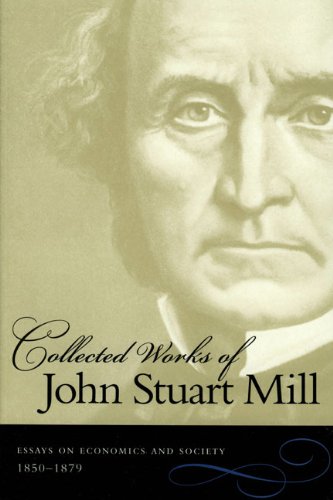
It's notable not just merely because of who he was - pioneering radical, influential politician, prescient philosopher, one of the most enduringly useful of the great modern thinkers - but because of how he thought, and though each chapter is written in that dense, fractally-claused 19th century style, the precision, honesty, and clarity of his sentiments comes across regardless. His contribution to the genre is right in line with what we expect: an overview of his life, his work, his relationship (note the singular), and his likely legacy, balancing between honest modesty and fair self-regard. Augustine having written his Confessions in 400 AD, that its conventions were already pretty fixed by the time that Mill finally completed his shortly before his 1873 death. It’s a well-written, fascinating account of Mill’s very varied life and thought.The autobiography is such an ancient genre, St. The best biography of Mill is probably John Stuart Mill: Victorian Firebrand by Richard Reeves.

As described in Mill’s autobiography, he had a hothouse education, learning Latin and Greek from a very early age, reading widely in a huge range of subjects, and disputing with his father on long walks. Whereas for Bentham every kind of pleasure was treated equally in what he called the ‘philosophic calculus,’ Mill introduced the notion that when you’re maximizing happiness for the greatest number of people, it’s possible to distinguish between higher and lower pleasures. Mill is also famous for developing his mentor Jeremy Bentham’s utilitarianism and taking it off on a slightly different track.

His classic “philosophic textbook of a single truth” (as he called it), On Liberty, was published in 1859 and is, by general agreement, the best clear, short statement of the key idea of liberalism: that individuals should have extensive freedom up to the point where they risk harming others. John Stuart Mill (1806-1873) was an English philosopher who is probably best known as a liberal.


 0 kommentar(er)
0 kommentar(er)
